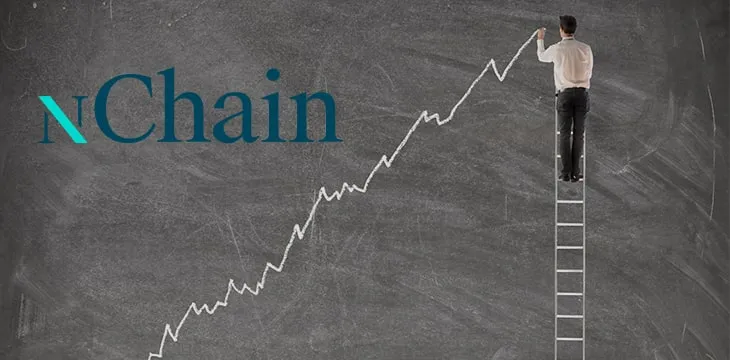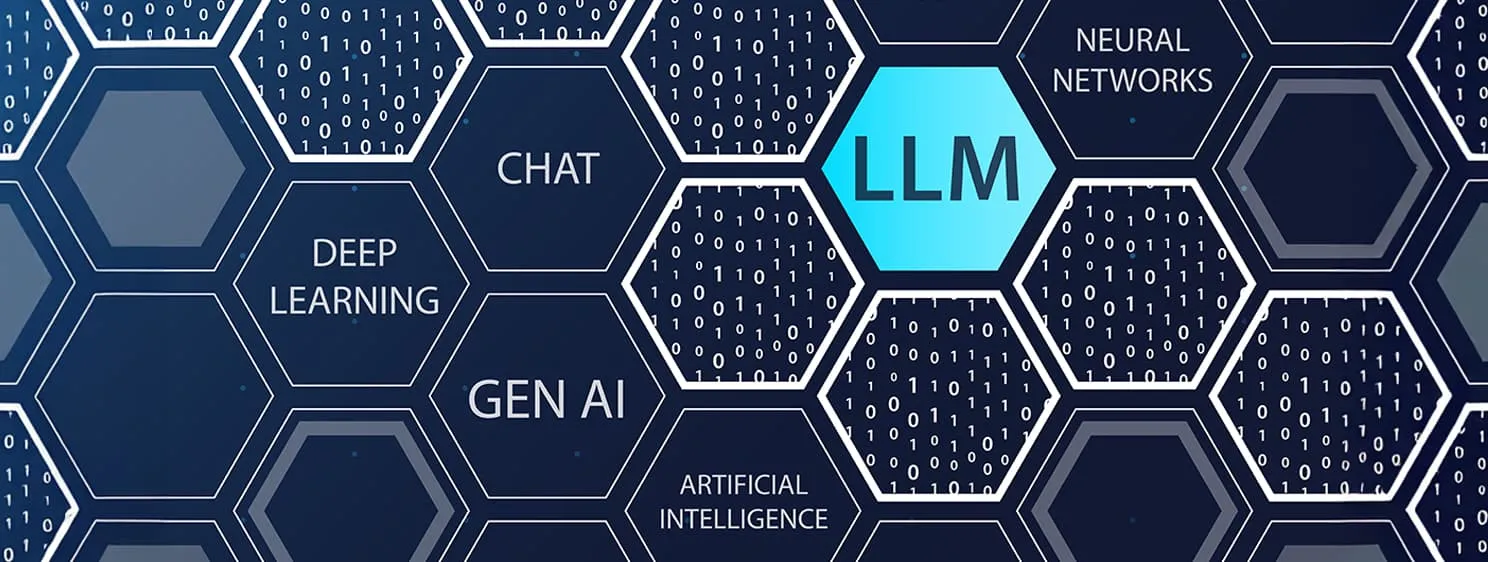|
Getting your Trinity Audio player ready...
|
When it comes to the companies with the most blockchain patents & pending applications, nChain is in the top five, but why do companies patent their inventions?
“Patenting provides multiple routes to commercializing ideas,” said Sean Griffin, the director of communications and corporate development at nChain.
“Protecting your IP gives you the opportunity to generate a return on the significant capital invested into researching and developing blockchain-related inventions,” he added.
Businesses need to generate revenue to stay alive, and patenting inventions is one of the best ways to protect a potential revenue stream for a finite amount of time. But beyond the monetary benefits, patents allow companies to protect their vision before the underlying technology gets released to the world, and competition over an idea begins.
Some individuals and businesses find immense value in that protection. Many inventors prefer having the first shot at bringing their invention to market before the rest of the world has a chance. In many cases, inventors have had their intellectual property hijacked or stolen only to find out later that they used it to make a product with different vision or use to what the inventor intended.
We see this playing out in Bitcoin. Dr. Craig S. Wright, the chief scientist at nChain, is responsible for getting many of nChain’s 1,000+ patents that are crucial to how Bitcoin (BSV) kickstarted. One of the reasons Dr. Wright began patenting these inventions is because he would wanted to see Bitcoin come to fruition the way Satoshi visualized it in the Bitcoin white paper. However, Dr. Wright believes this vision was lost and hijacked in the form of BTC and BCH, which strayed away from being innovative technologies that could scale with big blocks and low transaction fees and became speculative vehicles with no utility instead.
How to use patented products
But even if an inventor wants to preserve their vision, it does not mean they are against others using their innovations and building on top of them. In some cases, a business will open-source its patents and make them accessible to other companies to increase the chances of their invention being implemented in a product that is successful in a market or business vertical.
Griffin says that open sourcing patents are an efficient way to offer patents and support to businesses that would like to build on inventions owned by others. He says doing this allows products and solutions beyond those the inventor can envisage being brought to market.
This is one of the reasons that nChain recently partnered with IPwe and put over 1,250 of their patents in the IPwe Blockchain Smart Pool.
“The IPWe Blockchain Smart Pool is an efficient way to offer our patents and support businesses building on our ideas. It is not an open source license, rather it provides low-cost access to over 1,250 patents and patent applications, giving businesses the freedom to operate and the right to build. This is free for the smallest businesses and at the top end, for those earning billions in revenue, we have priced it competitively compared to industry standards. So, while we want to protect our IP and assert our rights, we are finding ways to support global adoption of blockchain and bitcoin,” said Griffin.
Enterprises that join the pool find value in building on patent-protected technology as well. Building on patents gives them protection for a pre-determined amount of time which helps them keep their competitors at bay as they take the first crack at commercializing their inventions. Data also shows that companies that hold patents or that utilize patents are more likely to secure R&D investment versus companies that do not take the same approach with patents.
nChain’s patent portfolio
Thanks to their patent portfolio, nChain has paved the way for businesses to quickly begin inventing in a way that gives them a competitive advantage.
“Bitcoin enables peer-to-peer exchange and we’ve been researching blockchain with this in mind since day one. This means nChain’s patents are foundational to the decentralized online and connected experience that is coming,” said Griffin.
nChain’s patents have put the infrastructure in place for businesses to receive the same protections they would get when creating most enterprises, giving companies the upper hand when creating blockchain-based technologies. Many of nChain’s patents are for crucial inventions that other blockchain protocols are looking to use or will need to use in the future, but won’t be able to unless they license the technology or join a patent pool.
Griffin says that the best way to do this is by joining the IPwe Blockchain Smart Pool because it is an easy way for anyone to reduce risk while building a blockchain business. He also says we will see more developments in and around the nChain patent portfolio soon.
Watch: The BSV Global Blockchain Convention presentation, Blockchain for Data Integrity & Business Process Management
https://www.youtube.com/watch?v=YGi9nYUBYo0

 06-30-2025
06-30-2025 





